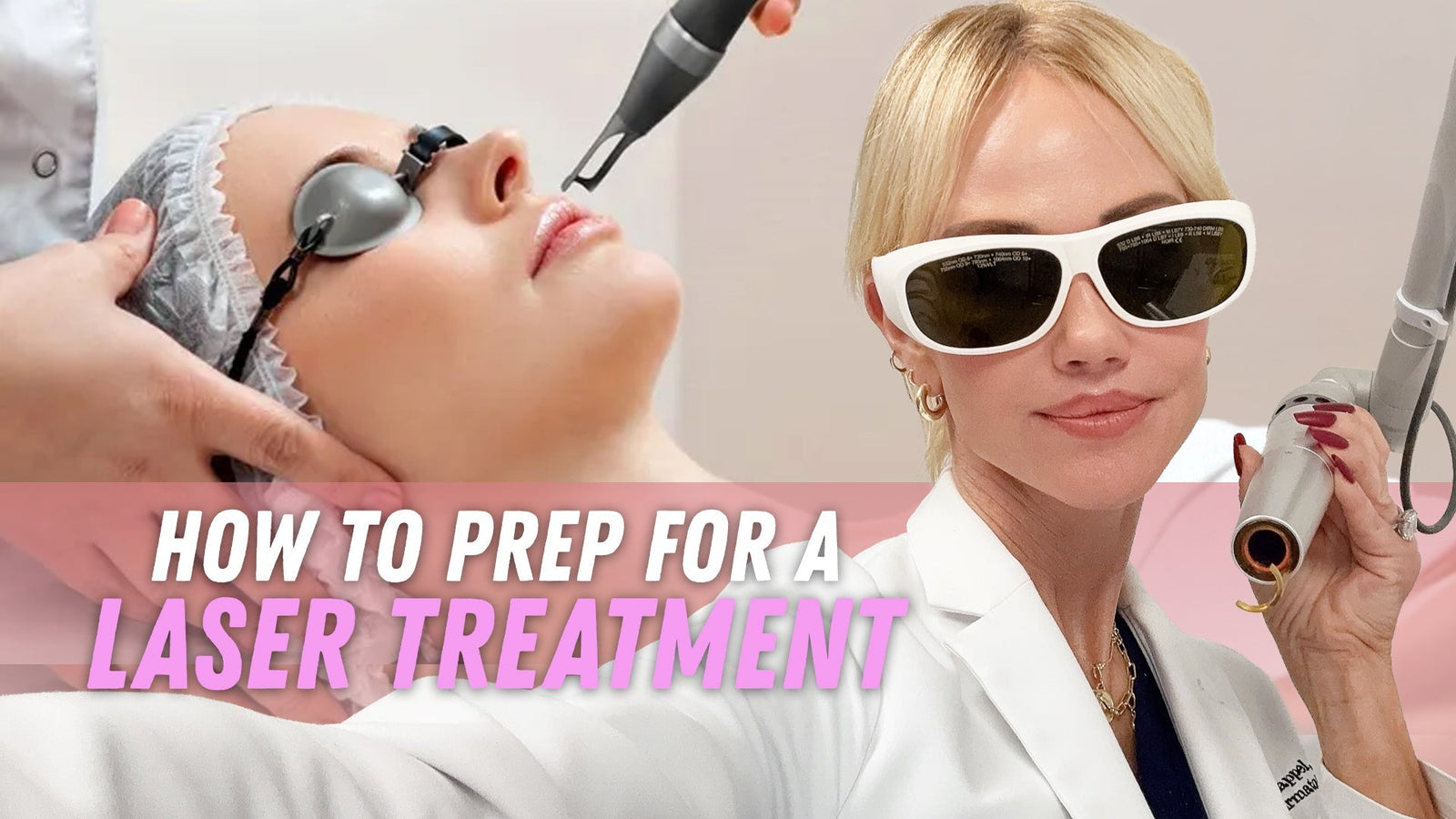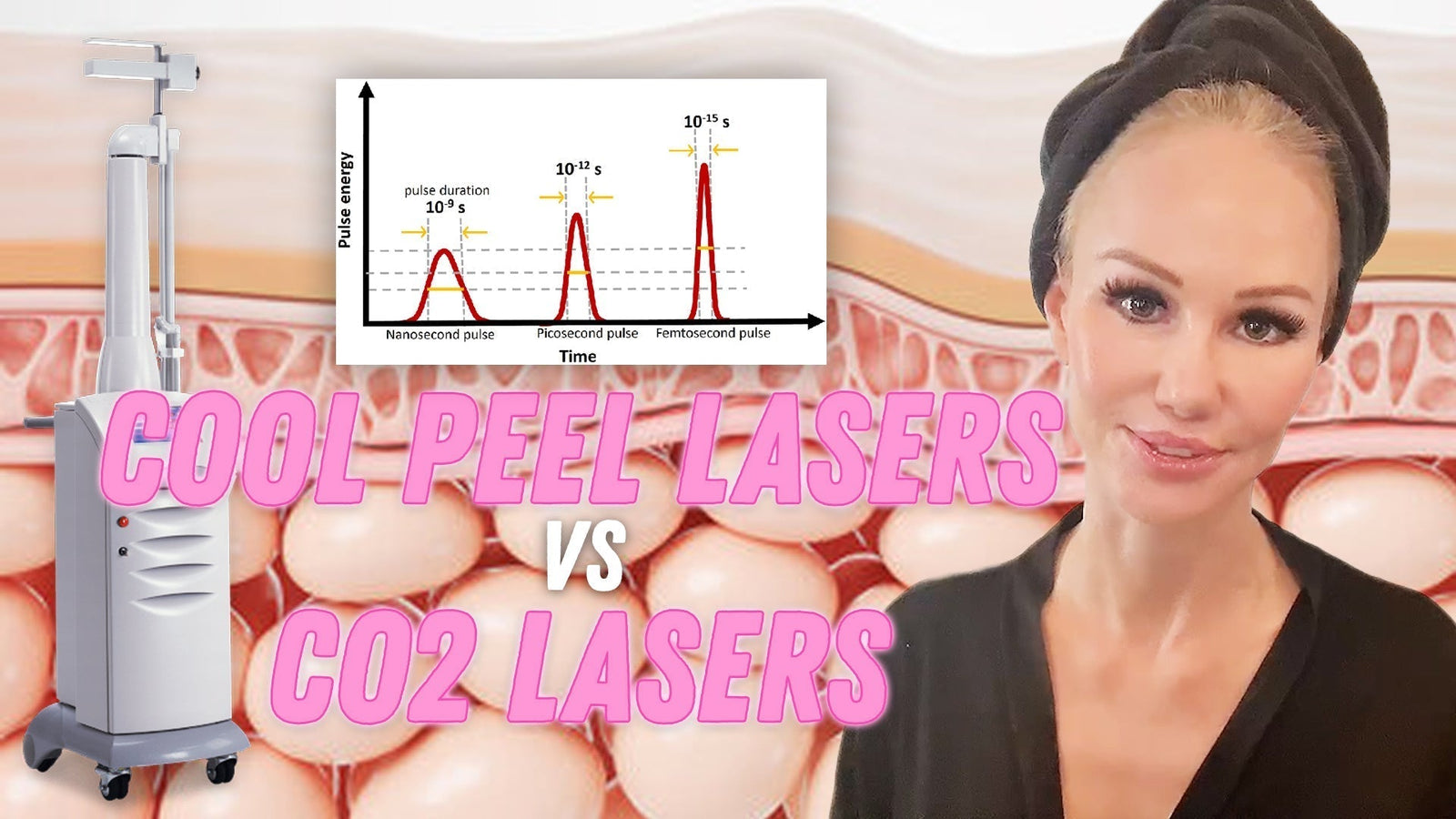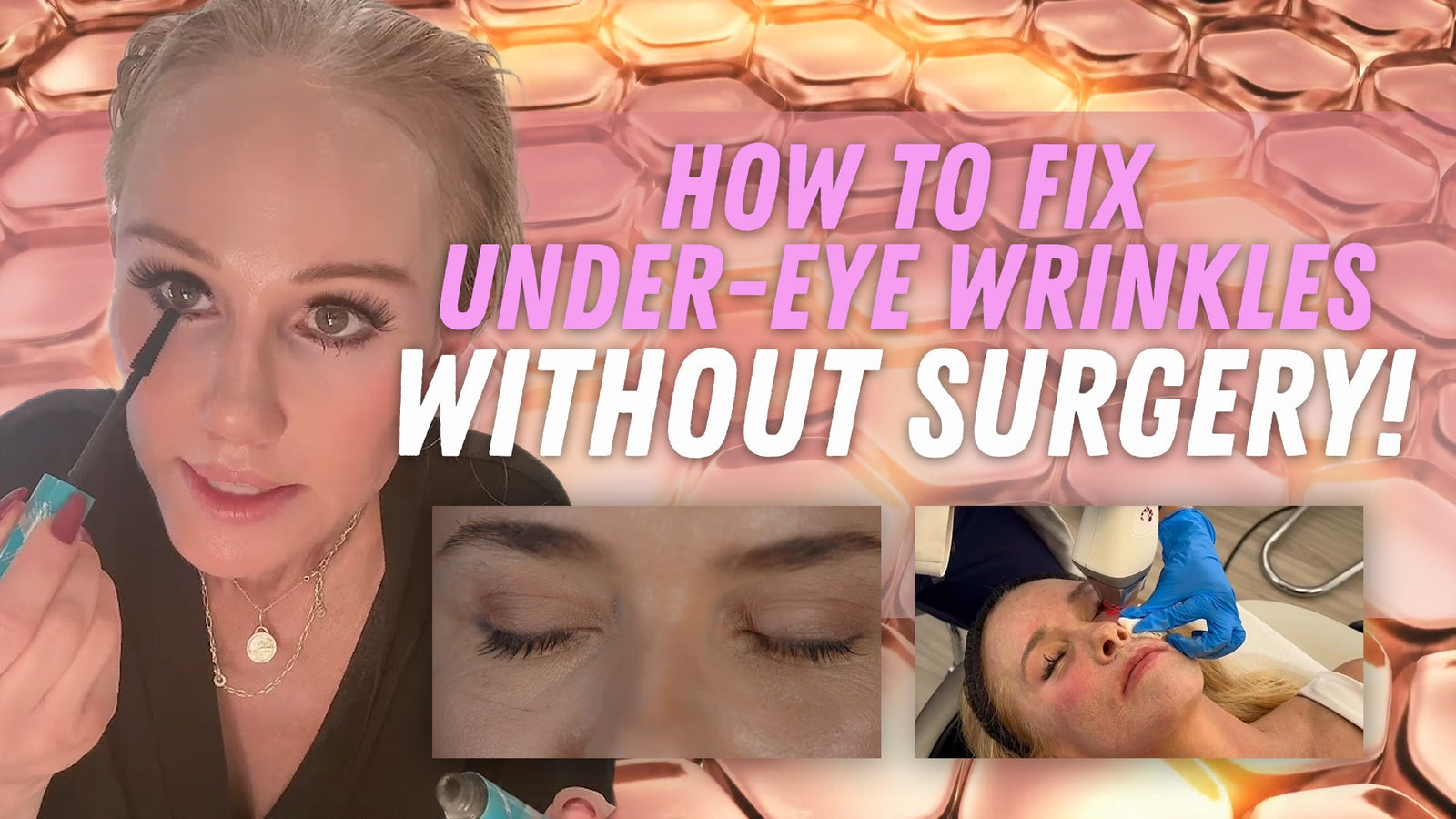Hi my beauties!
In this blog post, we're going to delve into the world of supplements that are good for your skin and long-term skin health. I've previously discussed supplements, but this updated post incorporates new insights and knowledge I've gained over the years. So, let's dive right in!
When it comes to choosing supplements for your skin, it's essential to remember that not all of them are necessary for everyone. Each person is unique, so it's crucial to figure out what works best for you and rotate supplements based on your specific needs. While we do derive many skin-healthy nutrients from our food, the modern food system often falls short in providing us with adequate amounts. Therefore, supplements can play a vital role in filling those nutritional gaps.
However, it's important to note that unlike medications, supplements don't undergo FDA approval. This means that the supplement industry has less regulatory oversight compared to the pharmaceutical industry. To ensure your safety and effectiveness, it's recommended to look at clinical studies and seek recommendations from trusted doctors and professionals.
Now, let's explore the supplements that I personally take every day. My daily routine includes Collagen, vitamin C, a multi-vitamin, and a probiotic. During the summer, I also take Heliocare daily.
Collagen peptides are a key component of my daily supplement routine. Collagen has potent anti-aging effects and has been shown to diminish the appearance of wrinkles on the face after three months of supplementation. I recommend marine collagen peptides due to their greater efficacy compared to other animal-based collagen sources. While data on the internal absorption of collagen and its effects on the skin is limited, I personally believe it's an important part of healthy skin supplementation. Liquid collagen peptides are more bioavailable than powder or tablet forms, so opt for those when possible. Additionally, collagen is not only beneficial for the skin but also for the eyes, joints, and other parts of our body.
Vitamin C is another supplement I take daily. It is a powerful antioxidant with numerous benefits for the skin and the entire body. As a water-soluble vitamin, your body absorbs what it needs and excretes any excess. Vitamin C aids in collagen synthesis and helps with hyperpigmentation as well.
Astaxanthin, another powerful antioxidant, acts as a free radical scavenger, minimizing damage to your DNA. This, in turn, helps prevent facial laxity, wrinkles, and volume loss. Astaxanthin plays a crucial role in keeping your extracellular matrix proteins healthy.
NMN & NAD are additional antioxidants that contribute to cell cycle regulation, cellular renewal, and strengthening the skin barrier. A strong skin barrier enhances hydration and helps keep potential irritants and pollutants out. However, it's important to note that NAD has shown potential for increased malignant potential, so it's not a supplement I recommend.
Omega 3s and Vitamin E are essential oils and good fats that support skin health. They help maintain a healthy lipid bilayer, skin barrier, cells, hydration status, and wound healing. As we age, our skin barrier can become more dysfunctional and dryness can become more apparent. Ensuring an adequate intake of essential fats helps maintain this vital barrier function.
Probiotics play a significant role in the correlation between gut health and skin health. Many dermatologic diseases are correlated with gut dysfunction. Taking probiotics and prebiotics helps maintain a healthy biome for healthy skin.
Niacin, although not needed daily, is important to ensure you're getting enough. It is used in many dermatologic conditions as a medication. However, it's worth noting that surpassing the required amount of niacin can cause a red reaction, making your skin feel hot and itchy.
Heliocare is a supplement I take daily during the summer. It contains polypodium leucotomos, a fern-based enzyme that protects DNA from mutations caused by UV radiation and sun exposure. While it provides internal protection equivalent to about SPF 8, it's essential to continue applying external sunscreen. Heliocare decreases the occurrence of DNA mutations that lead to cancer and offers anti-aging effects by protecting collagen synthesis and providing anti-inflammatory properties.
Hyaluronic Acid is a somewhat controversial supplement due to the lack of definitive data on its benefits. However, certain third-party studies have shown some positive effects. I don't strongly recommend or discourage this supplement, but it can provide additional hydration for the skin.
Zinc, copper, and magnesium are vital vitamins and minerals responsible for skin health, particularly wound healing. These can be found in trace amounts in multivitamins, which generally provide all that you need.
Vitamin A, both topically and orally, is important for skin health. Topical vitamin A derivatives offer incredible benefits such as cell cycle regulation and barrier restoration. Ingesting vitamin A, including low-dose isotretinoin (Accutane), is beneficial for overall skin health and anti-aging benefits. However, since vitamin A is a fat-soluble vitamin (ADEK), it's crucial not to exceed the recommended dosage.
Vitamin D3 plays a role in wound healing and cell cycle regulation. It's important for skin health, but getting enough from the sun alone can be challenging due to the use of sunscreens and protective clothing.
The B complex vitamins are essential for skin health. However, it's not a must-have for everyone. For individuals prone to acne, the B complex can exacerbate the condition. But for those without acne concerns, it offers excellent overall skin health benefits.
Resveratrol, derived from grapes, is a supplement I occasionally take but not on a daily basis. It has shown systemic absorption benefits as a "free radical scavenger" that protects DNA.
Molecular Hydrogen is another supplement with proven skin benefits. It acts as a powerful antioxidant, binding free radicals and limiting abnormal cell behavior. By doing so, it reduces the incidence of skin cancer.
Bamboo extract is rich in vitamins and nutrients that aid in cell cycle regulation, free radical binding, and intracellular communication.
Green tea polyphenols, whether consumed as green tea or supplements, provide potent protective effects against skin cancers. They assist in DNA mutation prevention and skin cycle regulation, while also binding free radicals.
Horsetail is a nutrient-rich supplement containing selenium, phosphorus, potassium, calcium, magnesium, zinc, and antioxidants. It encompasses a wide range of nutrients beneficial for collagen synthesis, anti-aging effects, protection against skin cancer, wound healing, and more.
Anti-inflammatory supplements, such as cinnamon and turmeric, are personal favorites of mine. I add them to my smoothies, tea, and sometimes take them in supplement form. Reducing inflammation helps calm the skin, diminishes photoaging, and has anti-aging effects by protecting collagen and elastin. These supplements also aid in reducing flare-ups of conditions like rosacea, eczema, and psoriasis.
It's important to note that while these supplements can provide potential benefits, consulting with a healthcare professional or dermatologist is advised to determine the best approach for your specific needs.
Remember, the key to achieving healthy skin is a holistic approach that combines proper nutrition, a balanced lifestyle, and consistent skincare habits. Supplements can complement this approach, but they are not a substitute for a healthy diet and lifestyle.
Wishing you all radiant and healthy skin!



